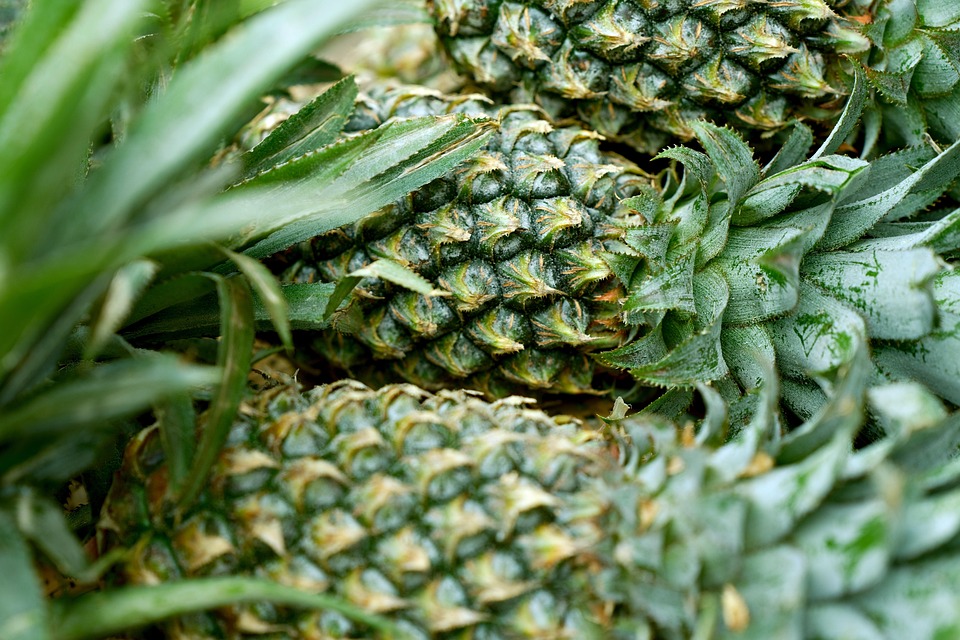In recent years, the phrase "going green" has transcended beyond environmental jargon; it has woven itself into the fabric of modern lifestyles. Among various eco-friendly practices, choosing organic food stands out as a powerful way for individuals to contribute to environmental sustainability while reaping significant health benefits.
The Organic Food Movement
Organic food refers to products that are grown and processed without synthetic fertilizers, pesticides, genetically modified organisms (GMOs), or artificial preservatives. Understanding the roots of organic farming can help us appreciate why this approach is increasingly appealing to consumers around the world.
The organic food movement began as a reaction to the rapid industrialization of agriculture that started in the 20th century. As concerns about food safety, soil depletion, and environmental degradation grew, more people became interested in natural farming practices. Today, the organic food market is thriving, projected to reach over $70 billion in the U.S. alone. But what exactly makes organic food a better choice?
Health Benefits
-
Nutrient-Rich: Organic foods are often fresher and more nutritious than their conventional counterparts. Studies have shown that organic produce can contain higher levels of antioxidants and micronutrients, which are crucial for maintaining a healthy body.
-
Reduced Chemical Exposure: By choosing organic, consumers significantly reduce their exposure to potentially harmful chemicals. Conventional farming often uses pesticides and herbicides, which have been linked to various health issues, including hormone disruption and certain cancers.
-
Flavor and Freshness: Many consumers swear by the enhanced taste and freshness of organic foods. This is largely attributed to sustainable farming practices that prioritize soil health and biodiversity.
- Gut Health: Organic foods are more likely to be free from antibiotics and growth hormones. The increase in antibiotic-resistant bacteria has sparked concern about the use of antibiotics in livestock. Organic meat products, being free from these additives, may contribute to a healthier digestive system.
Environmental Benefits
-
Sustainable Practices: Organic farming promotes biodiversity, crop rotation, and the use of natural fertilizers, which help protect ecosystems. Unlike conventional farming, which may contribute to soil erosion and degradation, organic practices aim for a more sustainable agricultural system.
-
Less Pollution: Organic farming generates less pollution due to the absence of synthetic chemicals. This leads to healthier water supplies and less runoff, which can devastate aquatic ecosystems.
-
Animal Welfare: Organic farming standards often include humane treatment of animals and access to outdoor spaces. This results in healthier animals and reduces the ethical dilemmas associated with factory farming.
- Carbon Sequestration: Organic practices can enhance soil health, which is vital for carbon sequestration. Healthy soils act as carbon sinks, helping mitigate climate change by absorbing carbon dioxide from the atmosphere.
Economic Impact
Choosing organic can also have significant positive implications for local economies. By supporting organic farmers, consumers contribute to the growth of agricultural diversity and job creation within their communities. Organic farms tend to employ more labor-intensive methods, which means that more people are needed to work the land. This can lead to stronger local economies and bonds between consumers and farmers.
Making the Switch
Transitioning to an organic lifestyle may seem daunting, especially with differing perceptions surrounding cost and accessibility. However, there are practical steps consumers can take:
-
Start Small: Begin by integrating organic fruits and vegetables into your shopping list. The Environmental Working Group (EWG) publishes a list known as the “Dirty Dozen,” identifying produce items with the highest pesticide residues.
-
Support Local Farmers: Visiting farmers’ markets and joining Community Supported Agriculture (CSA) programs can provide access to fresh, organic produce while supporting local economies.
-
Educate Yourself: Understanding labels is crucial. Look for certification logos like the USDA Organic seal to ensure the products meet stringent organic standards.
- Prioritize Your Purchases: If budget constraints exist, consider prioritizing organic purchases for items you consume most frequently.
Conclusion
Choosing organic food is not just a personal lifestyle choice; it is a conscious decision that impacts personal health, environmental sustainability, and local economies. By going green through organic consumption, consumers can contribute to a healthier planet while enjoying the myriad benefits that organic food offers. As community awareness and interest in sustainable practices continue to grow, the trend towards organic will not just enhance individual well-being but also foster a healthier world for future generations.



